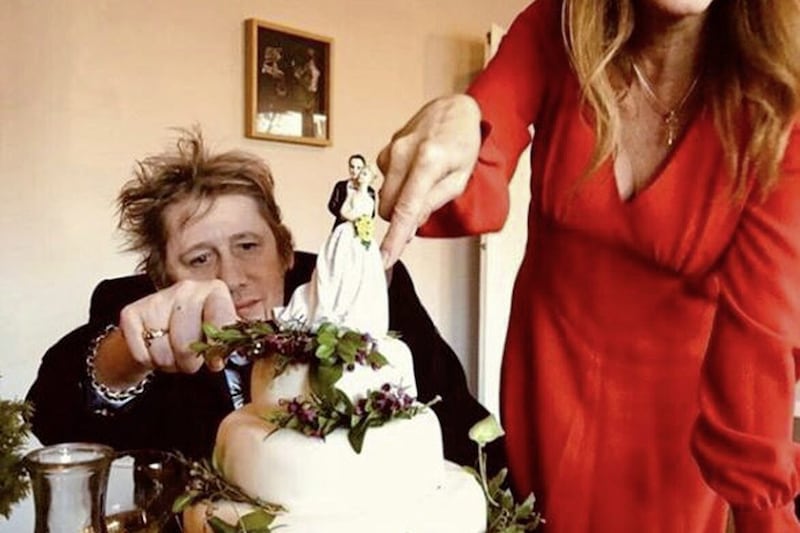The Final Take: Bowie in the Studio BBC World Service.
Four in Four: Why can’t we remember the first years of our life?
It’s an audacious task – letting a well-known impressionist and comedian play rock star David Bowie.
Jon Culshaw, of Dead Ringers fame, took on this rare serious role. It was not for laughs.
This was writer David Morley’s imagined account of Bowie working on his last album Blackstar, released in January 2016 just two days before his death.
It worked. From the first few lines: “I love life very much” to the end.
He may have only done 45-second comic takes before of Bowie, but Culshaw rose to the challenge and you quickly forgot who he was.
The script was never too reverent and drew on interviews with the pop star. The result was poetic, spell binding, poignant - a portrait of a dying star- a true tribute to Bowie and a window into his world.
We live in the fast, short and sharp society – the twitter and soundbite world.
Gripping radio needs just a clip that pulls you in with magnetic force. So to Radio 4 in Four – ingenious snippets from programmes worth pausing for.
One such clip looked at childhood memories - none of us have any memories from before the age of two or three, said Catherine Loveday from the University Of Westminster.
Don’t believe those who tell you they remember staring out of their bassinette or shaking a rattle.
The scientific term is infantile amnesia. The brain is growing so quickly at the age of one year old, that it prunes neurons – rather like a tree getting cut back – to ensure that it grows healthily.
Possibly, that is where memories are lost, so that most people’s first memories do not stretch back to babyhood.
The moments that stand out are usually significant like the time you fell off your bike or your first day at school.
“My first memory is doing the washing up I remember thinking to myself; ‘ I’m only two and a half and I’m doing the washing,’” said Loveday.
For presenter Adam Rutherford it was being three years old and eating rice paper at a party – eating paper seemed like a good joke.
The anecdotes hook us into the science – how false memories work, how language beds in memory. It’s just four minutes but you end up wanting more.










